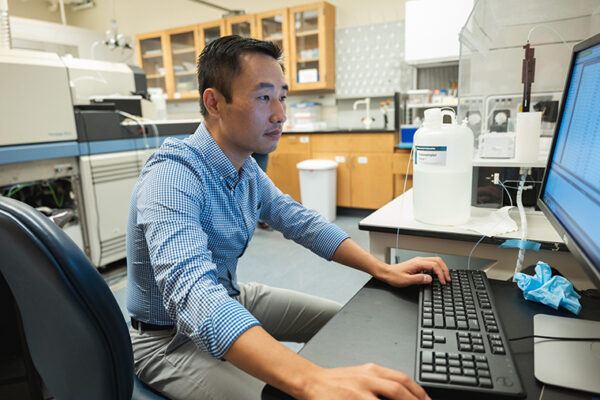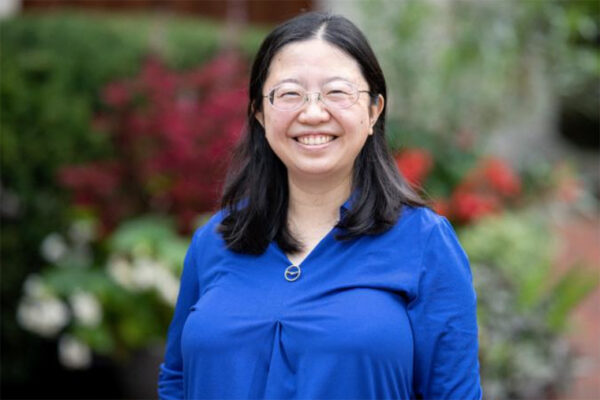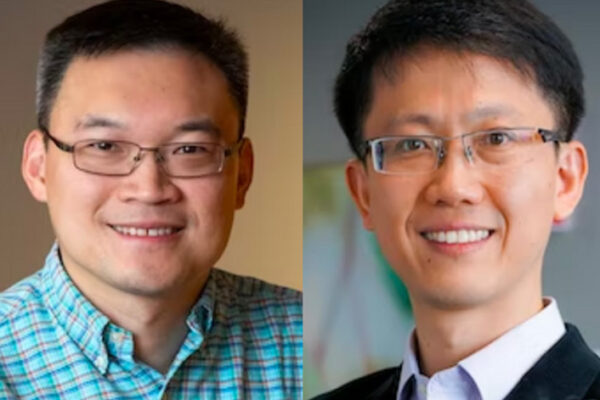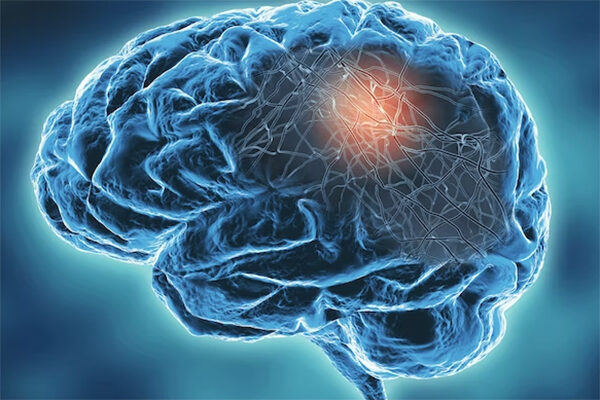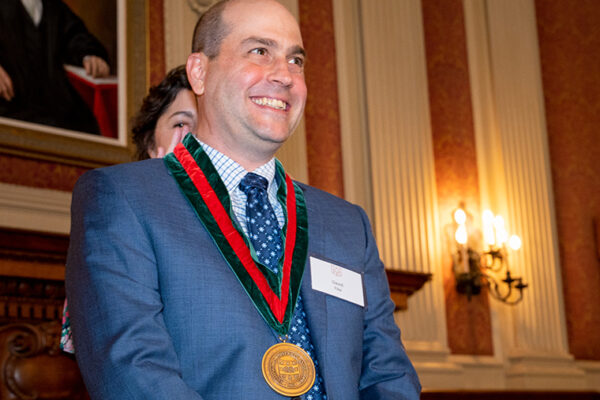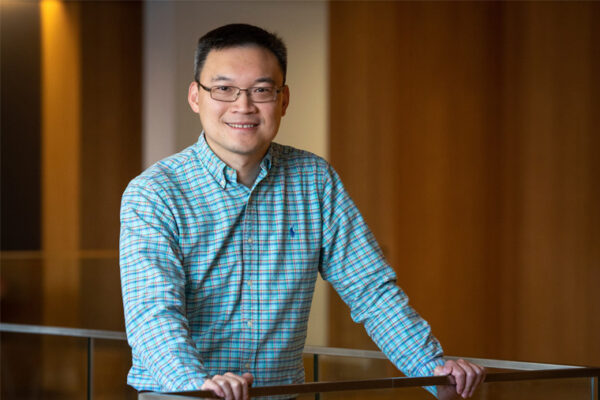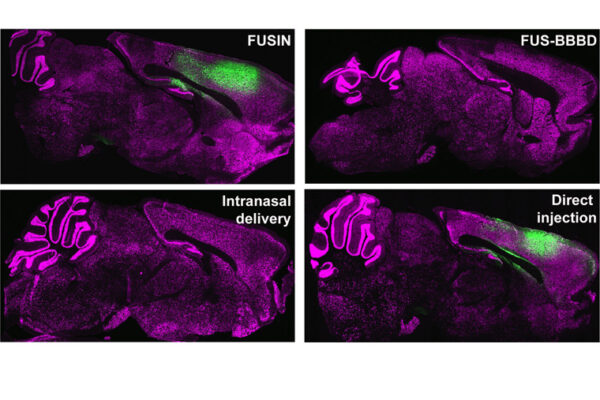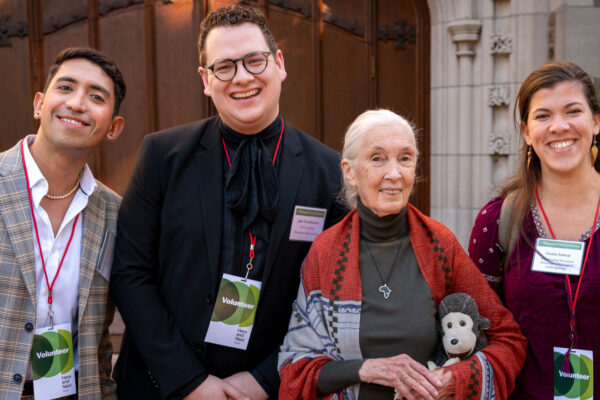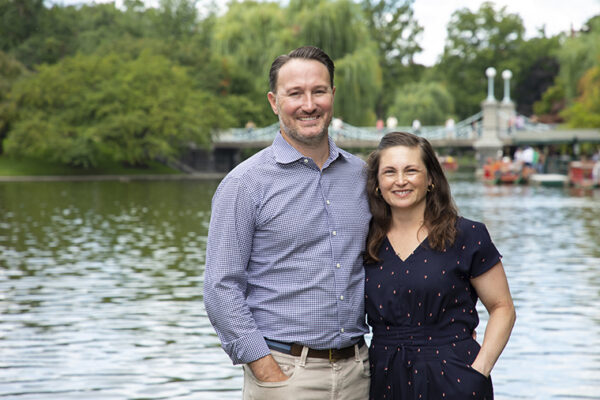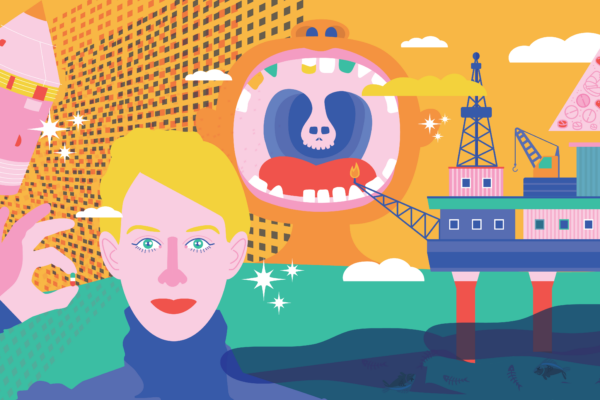Cosmochemist Wang to study samples from asteroid Bennu
Kun Wang, in Arts & Sciences, was selected for NASA’s OSIRIS-REx Sample Analysis Participating Scientist Program. NASA’s OSIRIS-REx mission will bring material from a near-Earth asteroid, Bennu, back to Earth in 2023.
Wang to investigate mechanisms of microtubule formation
Jennifer Wang, an assistant professor of biology in Arts & Sciences, won a $1.2 million grant from the National Institutes of Health (NIH) for microtubule formation research.
Multi-scale imaging technique may enable objective assessment of myofascial pain
Faculty members Song Hu and Yong Wang are teaming up to find quantitative biomarkers for clinical pain management.
Biomarkers for Parkinson’s disease sought through imaging
Abhinav Jha and a group of interdisciplinary collaborators have developed a method to measure dopamine transporter, a protein related to movement and Parkinson’s disease.
Fike installed as Glassberg/Greensfelder Distinguished University Professor
David A. Fike, professor of earth and planetary sciences in Arts & Sciences and director of the environmental studies program and the International Center for Energy, Environment and Sustainability, was installed as the Myron & Sonya Glassberg/Albert & Blanche Greensfelder Distinguished University Professor.
High-tech imaging focuses on oxygen metabolism in newborn brain
Song Hu, at the McKelvey School of Engineering, will use photoacoustic microscopy to study abnormal oxygen metabolism in injured neonatal brains thanks to a five-year $2.9 million grant from the National Institutes of Health (NIH).
A sound approach for effective gene therapy delivery to brain
Hong Chen’s lab at the McKelvey School of Engineering has developed a noninvasive focused ultrasound intranasal delivery method to help treat central nervous system diseases and tumors.
Inspiring hope through action
Jane Goodall made St. Louis — and Graham Chapel — a stop on her national tour to share her ‘tenacious authenticity’ and empower us to work together on behalf of our planet.
Pushing the limits of biology
Josh Mandel-Brehm’s biotech company, CAMP4, is harnessing the power of RNA.
Life and death decisions
In the “Engineering Ethics and Sustainability” taught by Sandra Matteucci of the McKelvey School of Engineering, students explore the lessons to be learned from deadly ethics failures.
Older Stories
